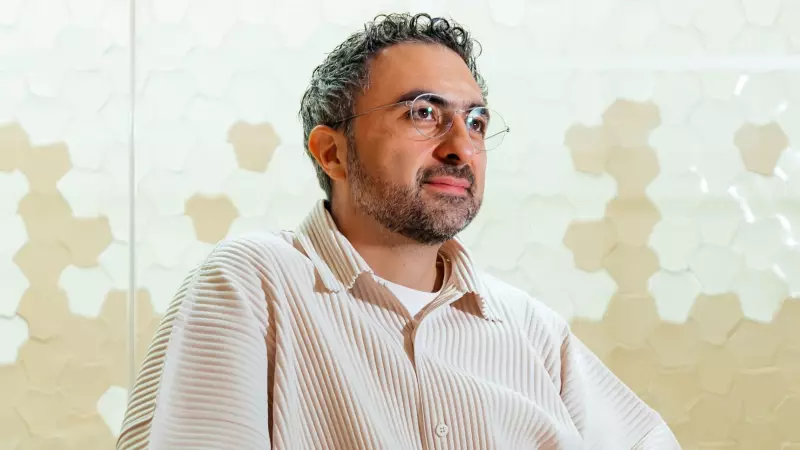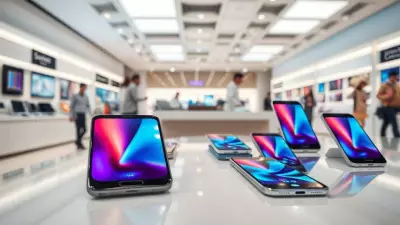
Microsoft Charts Independent Path to Artificial Superintelligence
In a significant strategic shift, Microsoft is aggressively pursuing self-sufficiency in artificial intelligence, with its newly appointed AI CEO Mustafa Suleyman declaring the tech giant must build its own frontier models. This ambitious move comes just weeks after Microsoft and OpenAI revised their landmark partnership agreement, introducing new terms covering artificial general intelligence (AGI), API access, and intellectual property rights.
The Birth of Microsoft's Superintelligence Team
Earlier this week, Suleyman announced the formation of a dedicated superintelligence team within Microsoft with a clear mandate: to solve fundamental problems preventing the creation of advanced AI applications. The team will focus on developing potential future applications across critical sectors including healthcare, energy, and transportation systems.
"We have to train frontier models of all scales with our own data and compute at the state-of-the-art level," Suleyman emphasized in statements reported by Business Insider. He added that these efforts are aimed at substantially reducing the "cost of living for billions of people over the next 10 years."
The Microsoft AI chief outlined the enormous scope of their mission, noting the company's $300 billion revenue responsibility to transform all products into AI-first experiences. "We deploy agents everywhere, and we really make all the workflows that customers use today much more intelligent," Suleyman stated.
Revised OpenAI Partnership and Competitive Landscape
The revised Microsoft-OpenAI agreement, finalized earlier this month, represents a pivotal moment in their collaboration. Notably, the new terms allow Microsoft to independently pursue AGI development either alone or with third-party partners, marking a departure from their previous exclusive arrangement.
Under the revised deal, if Microsoft uses OpenAI's intellectual property to develop AGI before AGI is officially declared, the models will be subject to compute thresholds significantly larger than systems used to train today's leading models. Despite this new independence, Microsoft will remain as OpenAI's frontier model partner for approximately the next decade, retaining IP rights to AI models and products developed by OpenAI until 2032, including models released after AGI achievement.
When questioned about potentially incorporating AI models from other startups like Anthropic, Suleyman maintained a pragmatic stance: "There's no reason for us to be religious about that. Obviously, we're very focused on getting our products working."
AI Safety as Paramount Priority
Suleyman placed significant emphasis on AI safety as a cornerstone of Microsoft's superintelligence efforts. "That should be something we all take for granted, but it actually needs to be stated and repeated, and it needs to be the No. 1 most important thing that humanity focuses on," he asserted.
The AI pioneer, who previously expressed concerns about corporate AI development races, highlighted the inherent risks: "There's a risk with these systems that they get extremely smart and run away from us, and we have to design them so that they don't do that. That requires a humanist intent, which keeps humans at the top of the food chain."
Microsoft's new direction represents a fundamental shift from its previous AI strategy, which focused on building smaller models, post-training existing models for new purposes, and channeling resources toward OpenAI. The newly formed superintelligence team now faces intense competition from similar initiatives at Meta, Google, Anthropic, and even its partner OpenAI, setting the stage for an accelerated global race toward artificial superintelligence.






